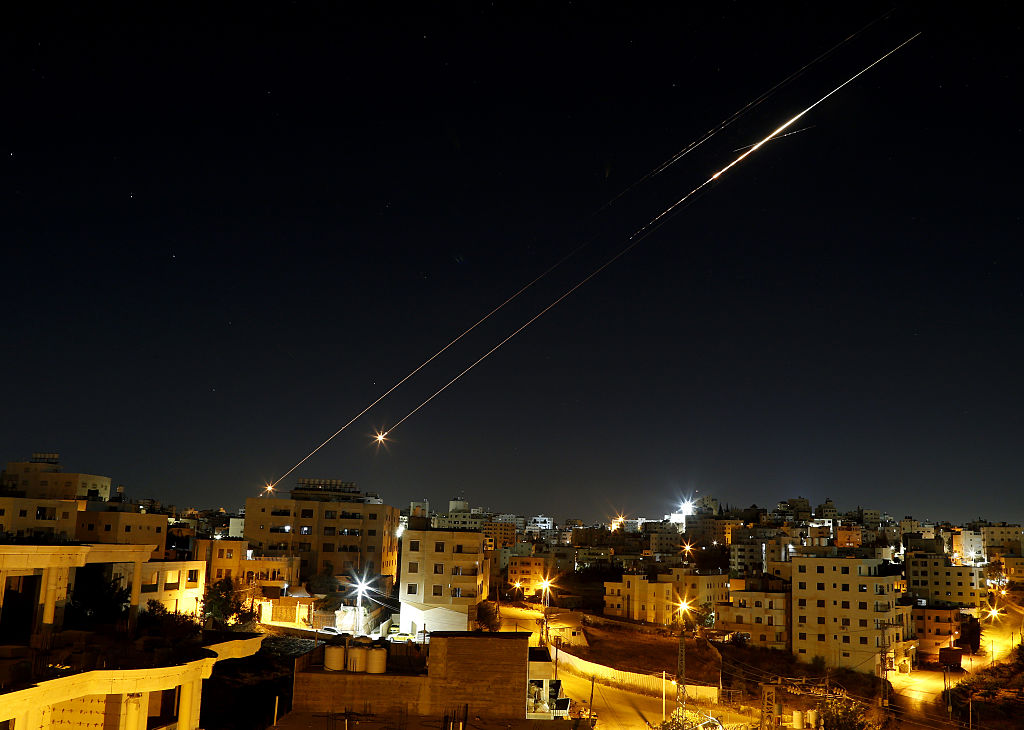Iran and Israel exchanged fresh airstrikes over the weekend, pushing the intensifying conflict into its second week, as diplomatic efforts continue to falter. Talks in Geneva on Friday between Iranian Foreign Minister Abbas Araghchi and European leaders failed to make progress, with Araghchi asserting that Tehran would not engage in nuclear negotiations with the United States while Israel’s attacks continue.
Israel Targets Nuclear Site, Residential Areas
On Saturday, Israeli forces reportedly targeted Iran’s largest nuclear facility — the Isfahan Nuclear Research Complex — located in central Iran. While there was no reported leakage of hazardous material, local authorities urged residents to steer clear of the area as a precaution.
In Qom, a separate Israeli airstrike struck a residential building, killing two people and injuring four, according to Iranian state media.
The Israeli Defense Forces (IDF) stated that the latest wave of strikes focused on Iranian missile storage and launch infrastructure. This followed missile attacks launched by Iran toward central Israel, triggering explosions near Tel Aviv and prompting Israel’s air defense systems to intercept multiple threats.
In a televised address, Israeli Chief of General Staff Eyal Zamir warned citizens to brace for a “prolonged campaign” against Iran, suggesting that hostilities may stretch far beyond the immediate future.
Discord in Washington Over Iran’s Nuclear Intentions
The Israeli escalation has deepened political divides in Washington. President Donald Trump publicly rejected findings presented to Congress by his Director of National Intelligence, Tulsi Gabbard, who stated in March that there was no evidence Iran was actively pursuing nuclear weapons.
“She’s wrong,” Trump told reporters, accusing U.S. intelligence of downplaying the threat posed by Iran. Hours later, Gabbard reversed course, releasing a brief statement supporting the president’s stance.
Diplomatic Deadlock
Efforts to restore dialogue have so far yielded no results. In Istanbul, the Organisation of Islamic Cooperation (OIC), comprising 57 member states, convened on Saturday with the Iranian foreign minister in attendance. Meanwhile, talks between Iran and the E3—Britain, France, and Germany—collapsed in Geneva.
Tehran made its position clear: negotiations over its nuclear programme cannot continue while Israeli strikes persist.














